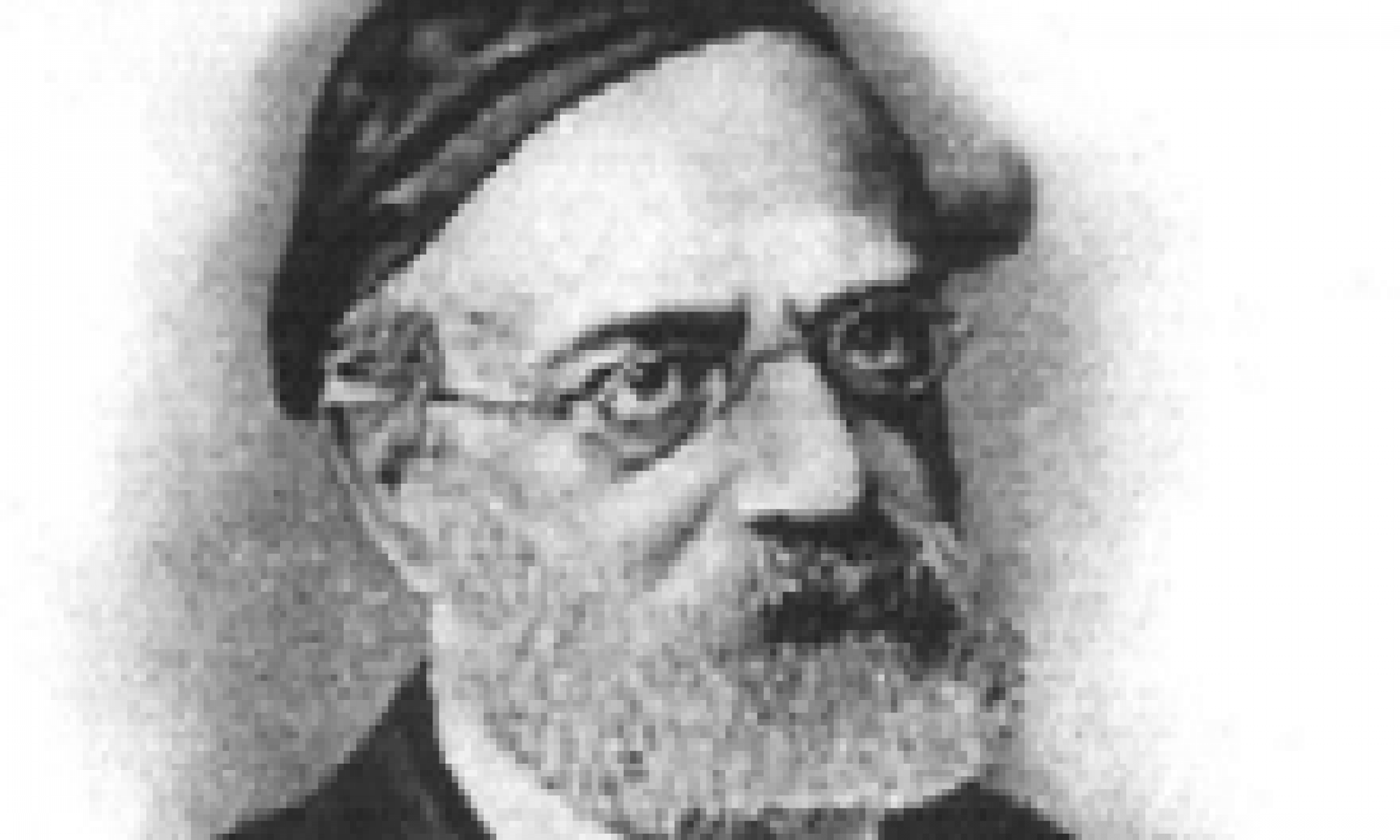זה ספר תולדות אדם – This book is of the developments of Adam.
All of human history, with its ups and downs, all the diverse phenomena of human history, all form one whole. Despite all their striking contrasts, they are all merely the developments of this one Adam who was created in the image of God. The failures of man throughout history indicate man’s greatness. They show that man was given free will and the ability to fail.
The Talmud (Yerushalmi Nedarim 9:4) tells us that Rabbi Akiva summed up the whole Torah with the verse ואהבת לרעך כמוך, Love your neighbor as yourself, to say that the central goal of the Torah is to teach a person not to be egotistic and selfish. Ben Azai chose the phrase זה ספר תולדות אדם to teach us that the worst criminal and lowest level of degeneration all are included in God’s book as תולדות אדם; everything developed from one Adam, who was created in God’s image. All men bear the name “Adam”. The צלם אלקים in never completely lost.
ביום ברא אלקים אדם בדמות אלקים ברא אתו – On the day that God created Adam, He made him in the likeness of God.
The natural state of man is to be godly. (Take note that the Torah makes this statement after they had sinned and had to leave Gan Eden)
* Man was not created as a savage, mentally and morally deficient.
* Man’s likeness to God is not something supernatural which can be attained only through withdrawing from nature.
Man in his natural state doesn’t need a special education and culture to attain this godliness.
Only because man had stopped calling in the name of Hashem (see above) did man degenerate.
Beraishis 5:1
pages 150-152

